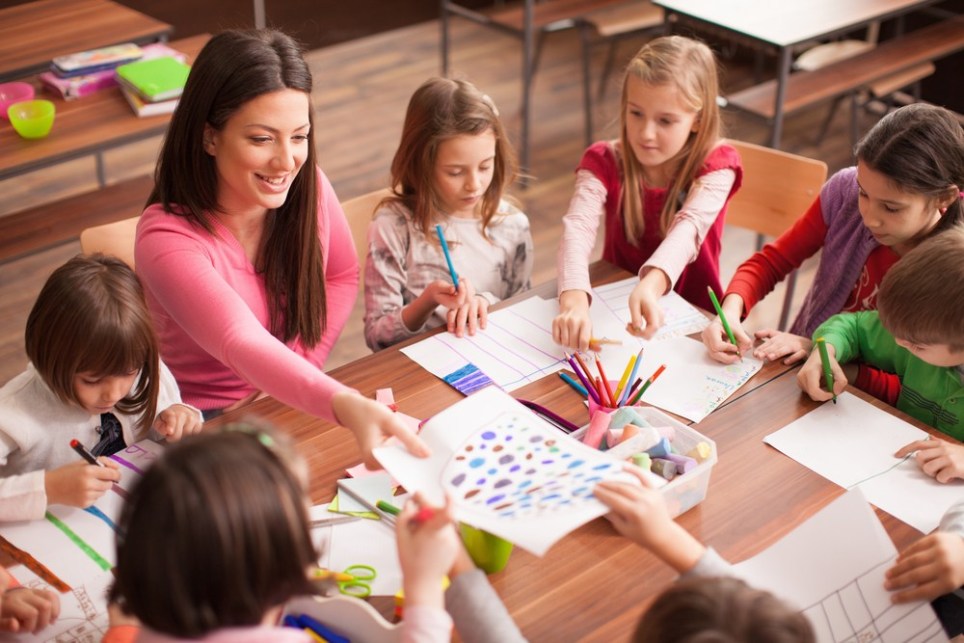What Going To Art School Entails
At art school, students learn about various artistic styles, encompassing different formats and media for artworks and a range of movements throughout history. Typically, art students fall within a wide age range, because the subject can feature in secondary school courses, and at universities and colleges. These types of classes tend to be run by art scholars and can involve practical learning, like the use of different implements to produce artwork, or analyzing paintings to appreciate them better. Most classes are focused on fundamental kinds of artistic production, like painting, sculpture and drawing, although specialist lessons in topics like digital art, mixed media and pottery are offered occasionally too.
One factor that many students take into account, when choosing an art school, is whether it is accredited. Not all schools have academic accreditation, and the ones that do have satisfied particular requirements, with regards to the syllabus, to function as higher educational institutions. Students who study at schools with no accreditation, and then subsequently choose to move to accredited schools, might find that their courses are not available. In the majority of countries, the accreditation procedure is monitored by an academic organization to ensure that schools fulfill the necessary requirements.
Art teachers help students to master the processes and methods involved with using different media, and give students the chance to use these media in practice. This might involve anything from clay to paint, to metal to pastels, to dyes to wood. The processes and methods may include, for instance, different ways of using a pottery wheel, brush strokes, welding, smudging, batiking and carving.
Art teachers also help to give cultural and historical context to works of art. Students learn to appreciate the impact these works would have had at the time they were created. In addition, they learn how to spot common themes in artworks of varied origins. Art teachers highlight the content of different artworks, including symbol usage, subject matter and the artist’s adaptation of various concepts. Students are taught to carefully select and think about the content of any artworks they produce. Also, they practice identifying the purposes, effectiveness and origins of symbols, ideas and subjects in art created by others.
Although artistic creation is extremely subjective in many ways, art education aims to locate shared bonds between viewers and artists. While this might be challenging, the intention is to establish a benchmark from which artworks can be assessed and rated. Frequently, this is achieved by considering the technical elements of artistic creation, like proportion and perspective. Of course, some artworks that feature in these lessons, like those produced by abstract expressionists or surrealists, might be impossible to assess easily. This approach can be useful nonetheless.
Lots of art classes are divided between theory and practical application, explaining how to interpret the work created by others and produce original artwork. Art teachers are usually experienced artists, who have a track record in different artistic styles and teaching methodologies. Although specialist lessons in topics like the history of art could concentrate on theoretical learning, students will get the chance to produce their own art in the majority of lessons.
An excellent way to discover whether an art school, like redfoxartist.com, will suit you or not, is to pay the school a visit. After you arrive, look round the school and question the admissions team about the courses. Past students are a helpful source of knowledge too, because they can relay their experiences and advise about career prospects. Research what the school’s reputation is in the local community, because you want to select a school that fits your requirements and delivers results.

